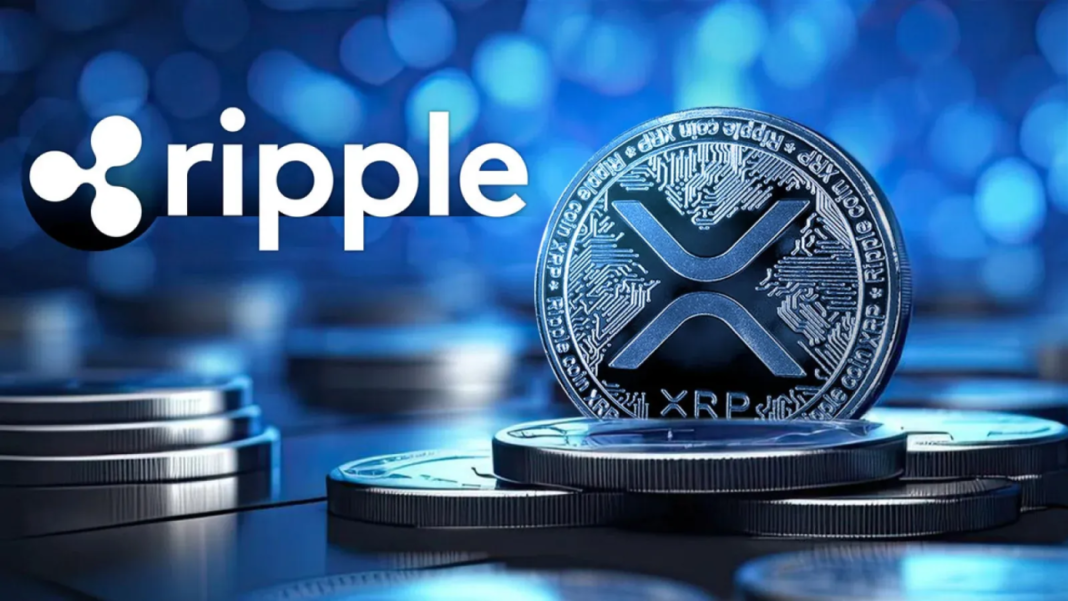In a surprising move that has stirred debate within the cryptocurrency community, Hong Kong’s Securities and Futures Commission (SFC) has left Ripple’s XRP off its list of approved cryptocurrencies for trading.
The announcement, made on January 27, 2025, coincided with the licensing of two local exchanges, PantherTrade and YAX.
However, only Bitcoin (BTC), Ether (ETH), Avalanche (AVAX), and Chainlink (LINK) were greenlit for trading on these platforms, leaving XRP conspicuously absent.
This decision has raised eyebrows, given XRP’s prominence as one of the world’s most traded cryptocurrencies and its widespread use in cross-border payment systems.
The omission is particularly notable as Hong Kong positions itself as a leading hub for digital asset innovation in Asia.
The SFC has not provided specific reasons for excluding XRP, but experts speculate that Ripple’s ongoing legal challenges in various jurisdictions may have influenced the decision.
Regulatory Hurdles and Legal Uncertainty
Ripple has faced significant regulatory scrutiny globally, most notably in the United States. While Ripple achieved partial victories in its legal battle with the U.S. Securities and Exchange Commission (SEC) in 2023, questions about XRP’s classification as a security versus a utility token remain unresolved in some regions.
This lingering uncertainty could have prompted Hong Kong regulators to take a cautious approach.
Hong Kong’s regulatory framework for cryptocurrencies is among the strictest in the world.
Exchanges must adhere to rigorous anti-money laundering (AML) and counter-terrorist financing (CTF) requirements to secure approval. Analysts suggest that XRP’s omission may reflect concerns about compliance or potential risks associated with its legal status.
Implications for Ripple and XRP Investors
The exclusion of XRP from Hong Kong’s approved list could have broader implications for its adoption and market perception.
As one of Asia’s financial powerhouses, Hong Kong’s regulatory decisions often carry weight across the region.
The move may influence other jurisdictions to adopt a similarly cautious stance toward XRP until its legal and regulatory issues are fully resolved. For investors, this development adds another layer of uncertainty to XRP’s future.
While the token remains popular on global exchanges, its omission from a key market like Hong Kong could dampen institutional interest or trading volume in the short term.
However, some industry insiders remain optimistic about XRP’s long-term prospects.
Ripple continues to expand its partnerships with financial institutions worldwide and is actively pursuing regulatory clarity in multiple jurisdictions. If Ripple can overcome these challenges, XRP could still emerge as a leader in blockchain-based payment solutions.
What’s Next for Hong Kong’s Crypto Landscape?
Hong Kong has been actively working to establish itself as a global crypto hub by implementing clear regulatory guidelines for digital assets. Initially aiming to certify 11 crypto trading platforms by 2024, the SFC has faced delays due to compliance complexities.
The licensing of PantherTrade and YAX marks progress but also highlights the cautious approach regulators are taking.
As the crypto industry evolves, it remains to be seen whether XRP will eventually earn a place on Hong Kong’s approved list or continue to face barriers in this critical market.
For now, Ripple must navigate an increasingly complex web of global regulations while striving to maintain investor confidence.
The omission of XRP serves as a reminder of the challenges cryptocurrencies face in achieving widespread regulatory acceptance—a crucial step toward mainstream adoption.
Also Read
